

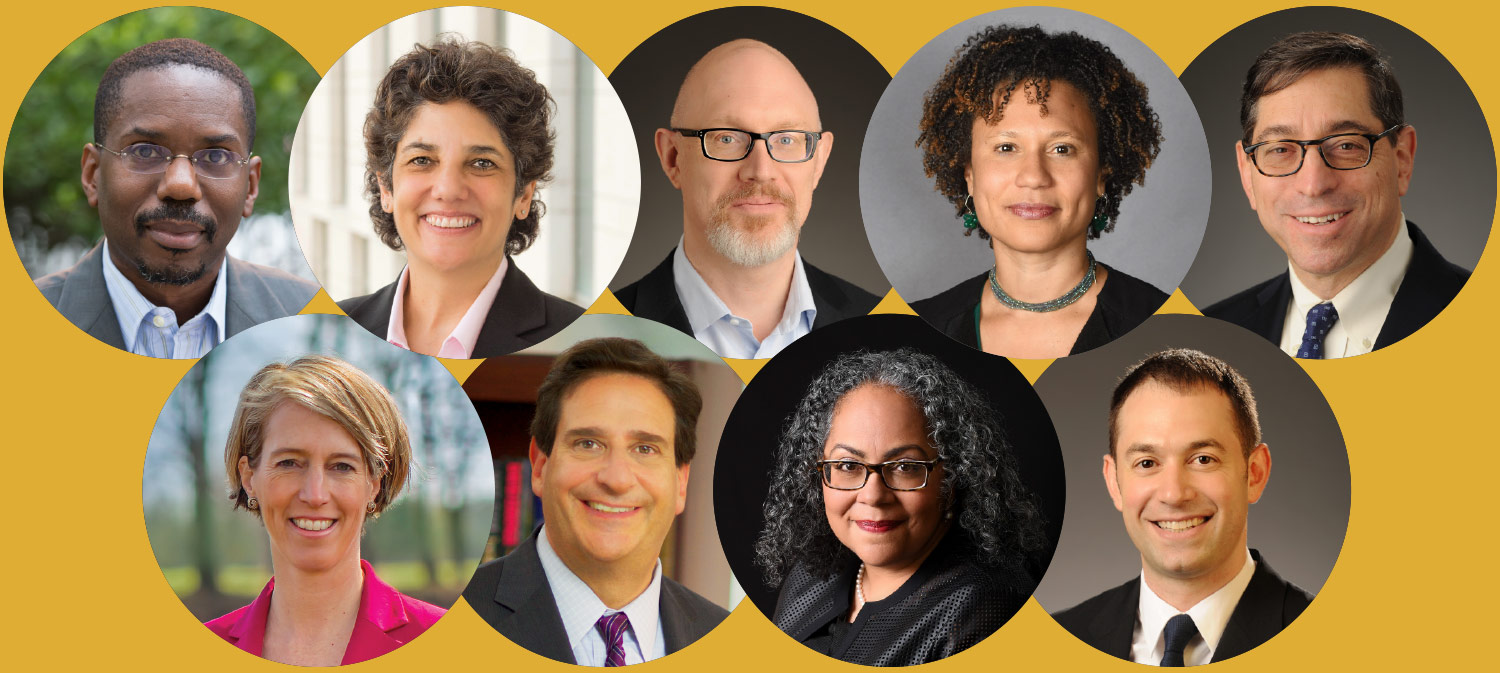

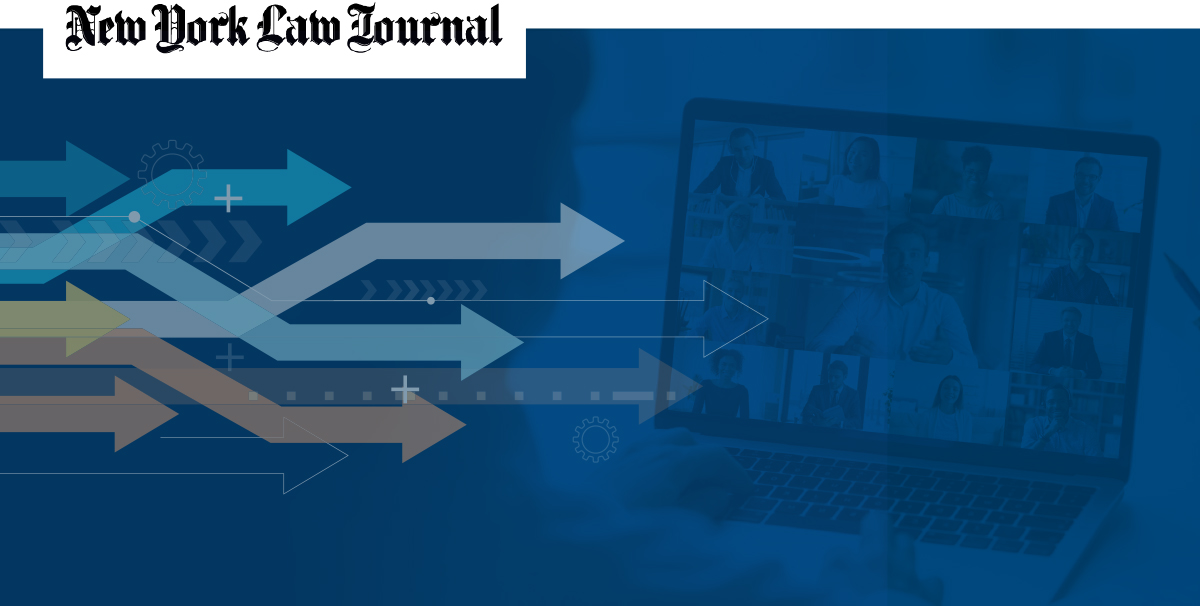

Meaningful Adjustments

The rapidly changing world that legal graduates face may seem daunting, but it also encompasses significant opportunity for those who are well-prepared to enter it. The increased role of technology in the provision of legal services is creating new avenues to increase access to justice for people throughout the country, particularly in isolated areas. It is empowering courts with tools to better manage their immense caseloads. It is allowing law firms to cater to their client’s needs more efficiently. And it is fostering new conversations, and new mechanisms, to ensure that professional and educational environments be structured to ensure mutual respect, understanding, and inclusion.
It is, therefore, the responsibility of law schools to ensure their graduates are equipped to avail themselves of these opportunities. No doubt, much of our traditional, substantive curriculum will remain as essential as it has ever been. But adherence to tradition should not be a stumbling block to meeting new challenges and facing new realities. As the industry that our students entrust us to prepare them for swiftly evolves, legal educators must keep pace, ensuring that we are giving our students the best possible training for successful and satisfying careers.

The rapidly changing world that legal graduates face may seem daunting, but it also encompasses significant opportunity for those who are well-prepared to enter it. The increased role of technology in the provision of legal services is creating new avenues to increase access to justice for people throughout the country, particularly in isolated areas. It is empowering courts with tools to better manage their immense caseloads. It is allowing law firms to cater to their client’s needs more efficiently. And it is fostering new conversations, and new mechanisms, to ensure that professional and educational environments be structured to ensure mutual respect, understanding, and inclusion.
It is, therefore, the responsibility of law schools to ensure their graduates are equipped to avail themselves of these opportunities. No doubt, much of our traditional, substantive curriculum will remain as essential as it has ever been. But adherence to tradition should not be a stumbling block to meeting new challenges and facing new realities. As the industry that our students entrust us to prepare them for swiftly evolves, legal educators must keep pace, ensuring that we are giving our students the best possible training for successful and satisfying careers.
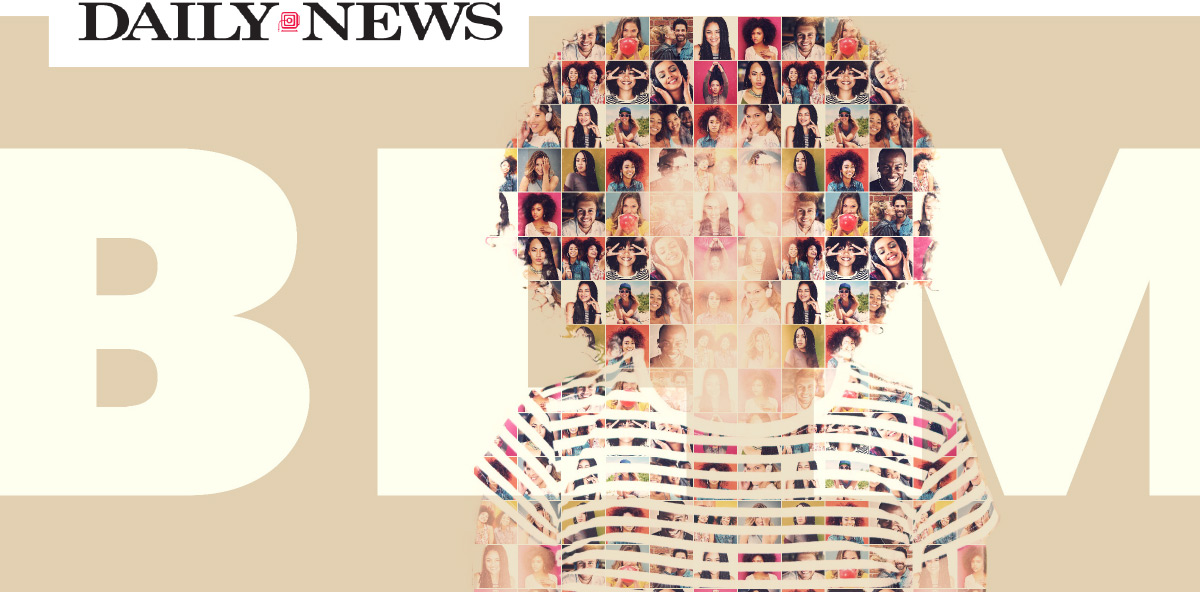
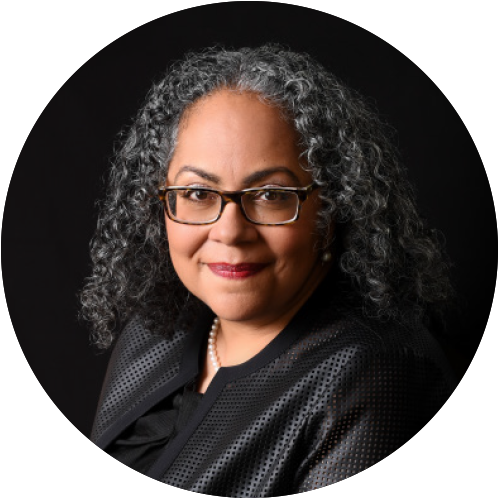

Today marks the 54th anniversary of the Loving v. Virginia, the landmark Supreme Court decision that invalidated interracial marriage bans in the United States in 1967. Interracial marriage has been legal across the nation for nearly half a century, but the children of mixed-race marriages and other interracial unions are still subject to many other types of discrimination that their parents and ancestors faced. The persistence of such bias shows that while courts have may have remedied the bias behind interracial marriage bans, but they remain unable to blunt the continued vibrancy of white supremacy in the United States.
Mixed-race identity does not alter the influence of racialized stereotypes and implicit bias regarding the inherent criminality of those viewed as non-white. Yet like so many other anti-discrimination law contexts examined in my book (employment, housing, public accommodations and education), the criminal justice system operates in a seemingly white/non-white binary that entangles people not based upon their mixed-race personal identity, but instead based on a knowledge of or a viewing of their non-white appearance.

Today marks the 54th anniversary of the Loving v. Virginia, the landmark Supreme Court decision that invalidated interracial marriage bans in the United States in 1967. Interracial marriage has been legal across the nation for nearly half a century, but the children of mixed-race marriages and other interracial unions are still subject to many other types of discrimination that their parents and ancestors faced. The persistence of such bias shows that while courts have may have remedied the bias behind interracial marriage bans, but they remain unable to blunt the continued vibrancy of white supremacy in the United States.
Mixed-race identity does not alter the influence of racialized stereotypes and implicit bias regarding the inherent criminality of those viewed as non-white. Yet like so many other anti-discrimination law contexts examined in my book (employment, housing, public accommodations and education), the criminal justice system operates in a seemingly white/non-white binary that entangles people not based upon their mixed-race personal identity, but instead based on a knowledge of or a viewing of their non-white appearance.
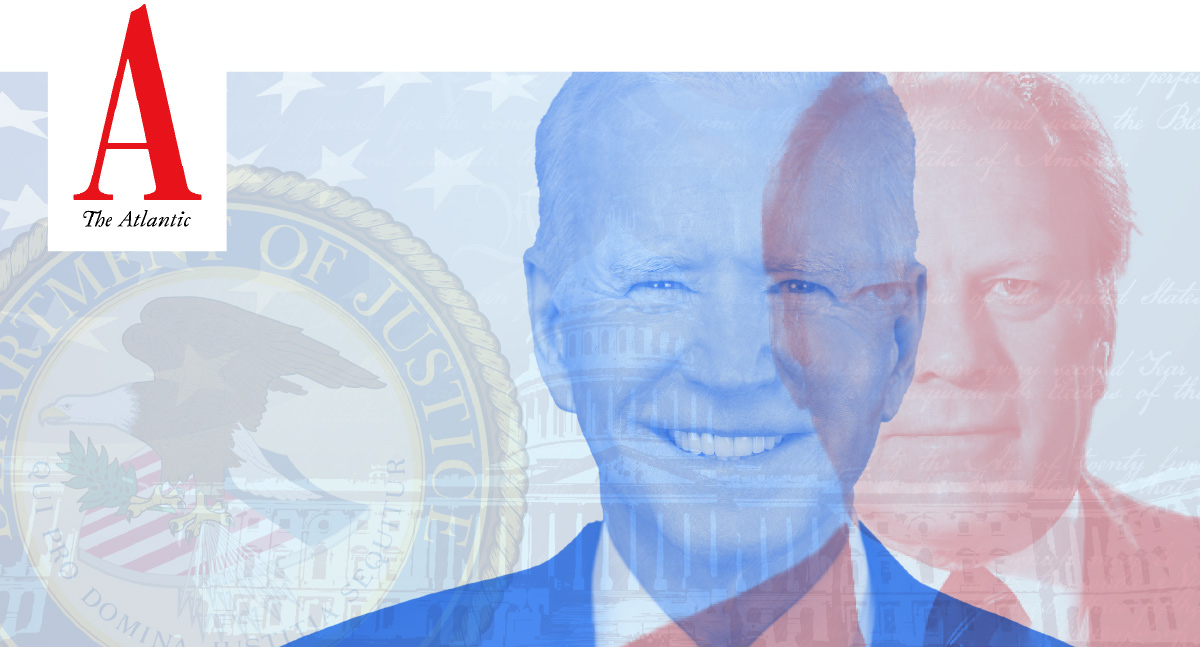


President Joe Biden is facing problems Gerald Ford would have appreciated. Like Ford in 1974, Biden has come into office following a president accused of criminality. Both Biden and Ford inherited a Department of Justice plagued by scandal and well-grounded charges of politicization. Both had to choose a nominee for attorney general knowing that recent occupants of that office contributed to partisanship and displayed a lack of integrity. And both took office while questions lingered about recent leadership of the Federal Bureau of Investigation, a component of the DOJ …. Understanding the nadir reached at the department in the early 1970s, and the creative repair that took place under Ford and Carter, reveals how aberrational Donald Trump’s relationship with the department was, and, looking ahead, what problems and opportunities today face Biden and the new attorney general, Merrick Garland, as they attempt to move on from the past four years. Scandal can create political will for reform. Biden and Garland have an opportunity to both shore up the 1970s framework and address new problems revealed by the Trump presidency.

President Joe Biden is facing problems Gerald Ford would have appreciated. Like Ford in 1974, Biden has come into office following a president accused of criminality. Both Biden and Ford inherited a Department of Justice plagued by scandal and well-grounded charges of politicization. Both had to choose a nominee for attorney general knowing that recent occupants of that office contributed to partisanship and displayed a lack of integrity. And both took office while questions lingered about recent leadership of the Federal Bureau of Investigation, a component of the DOJ …. Understanding the nadir reached at the department in the early 1970s, and the creative repair that took place under Ford and Carter, reveals how aberrational Donald Trump’s relationship with the department was, and, looking ahead, what problems and opportunities today face Biden and the new attorney general, Merrick Garland, as they attempt to move on from the past four years. Scandal can create political will for reform. Biden and Garland have an opportunity to both shore up the 1970s framework and address new problems revealed by the Trump presidency.
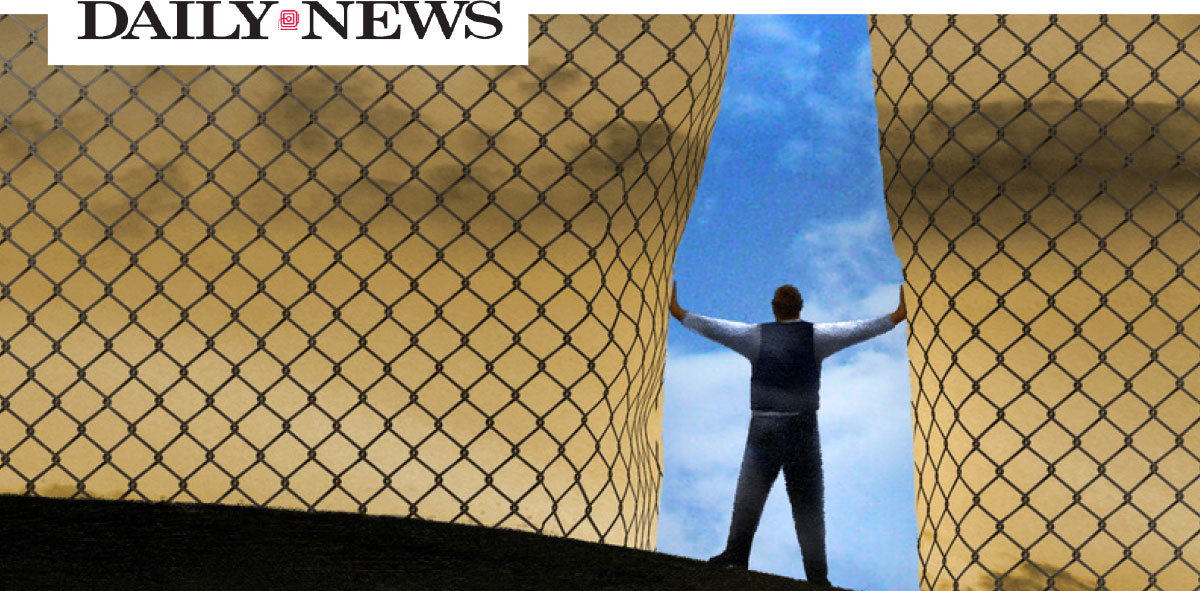
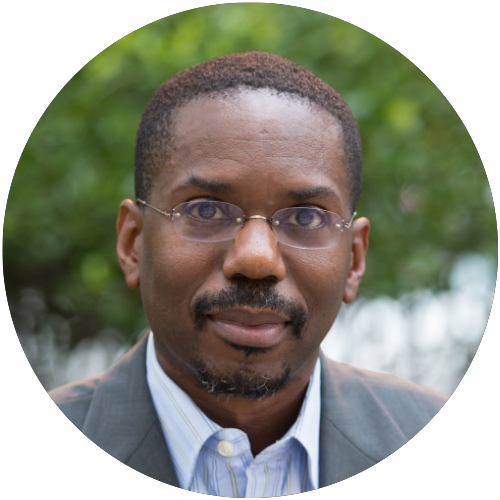

When the verdict in the Chauvin trial was finally announced—guilty on all three counts, of second-degree unintentional murder, of third-degree murder, of second-degree manslaughter—that’s when I let out a long breath. Really exhaled. I imagine lots of people—especially people who look like me, or George Floyd, or Daunte Wright, or Breonna Taylor—collectively exhaled in that moment. Indeed, since the Chauvin trial has been followed all around the world, I imagine millions of people exhaling everywhere. A collective sigh of relief.
This is what the verdict means: Justice is possible. At least in a case where everything is on video. Where there are witnesses. Where the blue wall of silence cracks a little and fellow officers testify that a knee on a neck for over nine minutes on an unresisting person in handcuffs is unreasonable. Where state law allows the prosecution to introduce evidence of the victim’s life to humanize him. Where the prosecution really marshals the evidence and puts their back into it. Where jurors are willing to focus on the evidence.

When the verdict in the Chauvin trial was finally announced—guilty on all three counts, of second-degree unintentional murder, of third-degree murder, of second-degree manslaughter—that’s when I let out a long breath. Really exhaled. I imagine lots of people—especially people who look like me, or George Floyd, or Daunte Wright, or Breonna Taylor—collectively exhaled in that moment. Indeed, since the Chauvin trial has been followed all around the world, I imagine millions of people exhaling everywhere. A collective sigh of relief.
This is what the verdict means: Justice is possible. At least in a case where everything is on video. Where there are witnesses. Where the blue wall of silence cracks a little and fellow officers testify that a knee on a neck for over nine minutes on an unresisting person in handcuffs is unreasonable. Where state law allows the prosecution to introduce evidence of the victim’s life to humanize him. Where the prosecution really marshals the evidence and puts their back into it. Where jurors are willing to focus on the evidence.
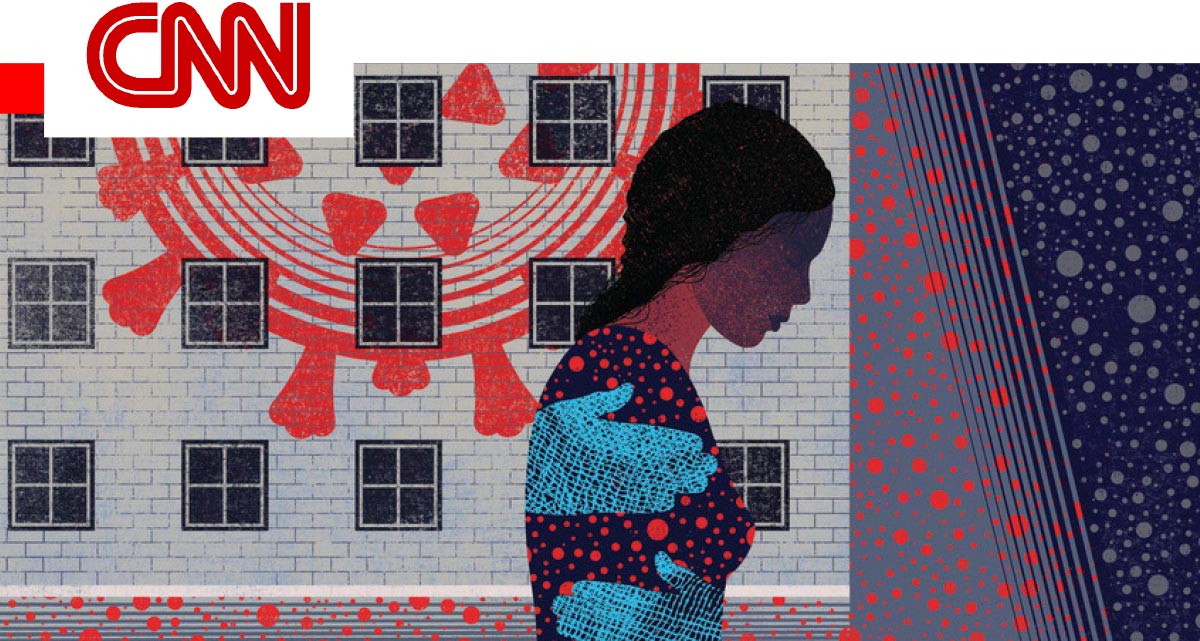


I coined the term “Color of Covid” in a CNN op-ed published last year to think critically about the race and gender justice paradoxes the pandemic unmasks. Black and Latinx Americans are overrepresented among both frontline workers and among the unemployed.
Women, especially of color, face a similar duality—what I call the “Gender of Covid.” On the one hand, women are overrepresented in essential work. And as part of the invisible labor force that keeps the economy afloat, they continue to face deep gender (intersected by race) pay gaps and are underrepresented in management as well as other leadership and more visible roles across the economy.
On the other hand, women have also borne the brunt of job losses. While the participation of women in the American labor force hit an all-time high by the end of 2019, female employment has plummeted during the pandemic. This past September, there was a huge dip in employment for working moms (with the return of children to online school). Women were hard hit yet again in December, when hospitality (and other sectors where women predominate) were especially impacted by a new wave of lockdowns—which disproportionately affected Black, Latinx, and Asian American women in particular—making the current recession a “shecession.”

I coined the term “Color of Covid” in a CNN op-ed published last year to think critically about the race and gender justice paradoxes the pandemic unmasks. Black and Latinx Americans are overrepresented among both frontline workers and among the unemployed.
Women, especially of color, face a similar duality—what I call the “Gender of Covid.” On the one hand, women are overrepresented in essential work. And as part of the invisible labor force that keeps the economy afloat, they continue to face deep gender (intersected by race) pay gaps and are underrepresented in management as well as other leadership and more visible roles across the economy.
On the other hand, women have also borne the brunt of job losses. While the participation of women in the American labor force hit an all-time high by the end of 2019, female employment has plummeted during the pandemic. This past September, there was a huge dip in employment for working moms (with the return of children to online school). Women were hard hit yet again in December, when hospitality (and other sectors where women predominate) were especially impacted by a new wave of lockdowns—which disproportionately affected Black, Latinx, and Asian American women in particular—making the current recession a “shecession.”
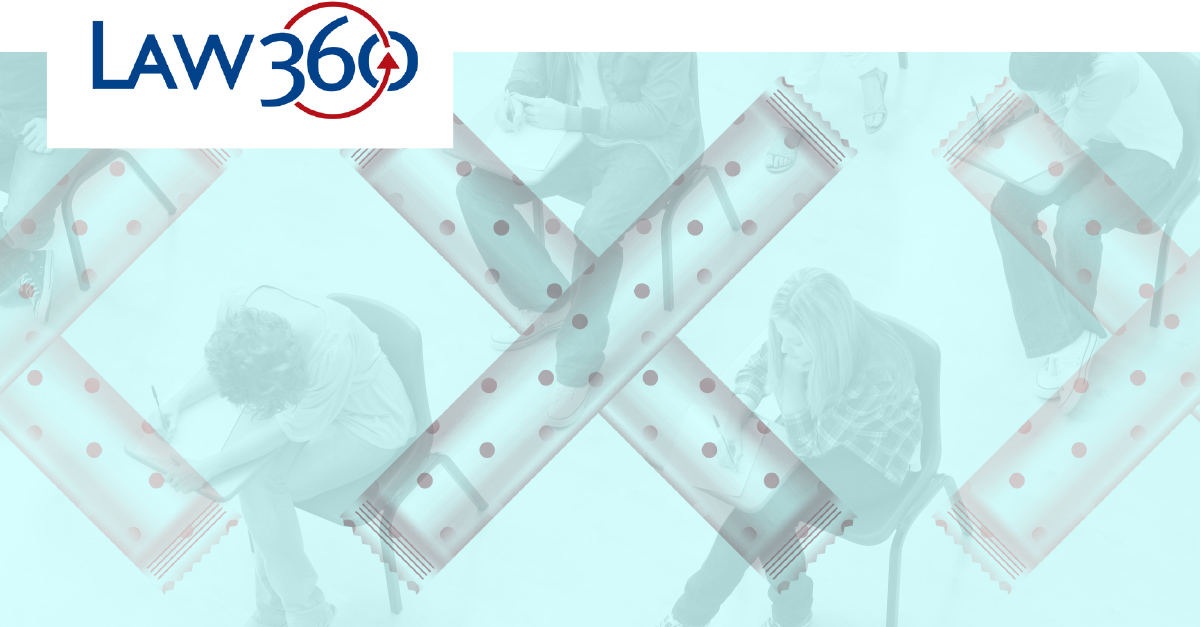


The third week in February marks the biannual ritual of law graduates sitting for the grueling two-day bar exam, a prerequisite to being licensed to practice law that is run by each state’s board of law examiners.
This ritual also marks the boards’ ongoing use of menstruation-related barriers, such as lack of menstrual product and bathroom access, which likely violate the U.S. Constitution and state anti-discrimination laws …. In the U.S. Supreme Court case of U.S. v. Virginia, [22] Justice Ruth Bader Ginsburg declared: “‘Inherent differences’ between men and women … remain cause for celebration, but not for denigration of the members of either sex or for artificial constraints on an individual’s opportunity.”
That was in 1996. It is now 2021.
And while gender is now understood to go beyond the binary, the core of Justice Ginsburg’s statement rings true: No test-taker should be denigrated because they menstruate. The ABA recognizes this; the boards of law examiners should, too.
Co-authored with Margaret Johnson and Marcy Karin

The third week in February marks the biannual ritual of law graduates sitting for the grueling two-day bar exam, a prerequisite to being licensed to practice law that is run by each state’s board of law examiners.
This ritual also marks the boards’ ongoing use of menstruation-related barriers, such as lack of menstrual product and bathroom access, which likely violate the U.S. Constitution and state anti-discrimination laws …. In the U.S. Supreme Court case of U.S. v. Virginia, [22] Justice Ruth Bader Ginsburg declared: “‘Inherent differences’ between men and women … remain cause for celebration, but not for denigration of the members of either sex or for artificial constraints on an individual’s opportunity.”
That was in 1996. It is now 2021.
And while gender is now understood to go beyond the binary, the core of Justice Ginsburg’s statement rings true: No test-taker should be denigrated because they menstruate. The ABA recognizes this; the boards of law examiners should, too.
Co-authored with Margaret Johnson and Marcy Karin
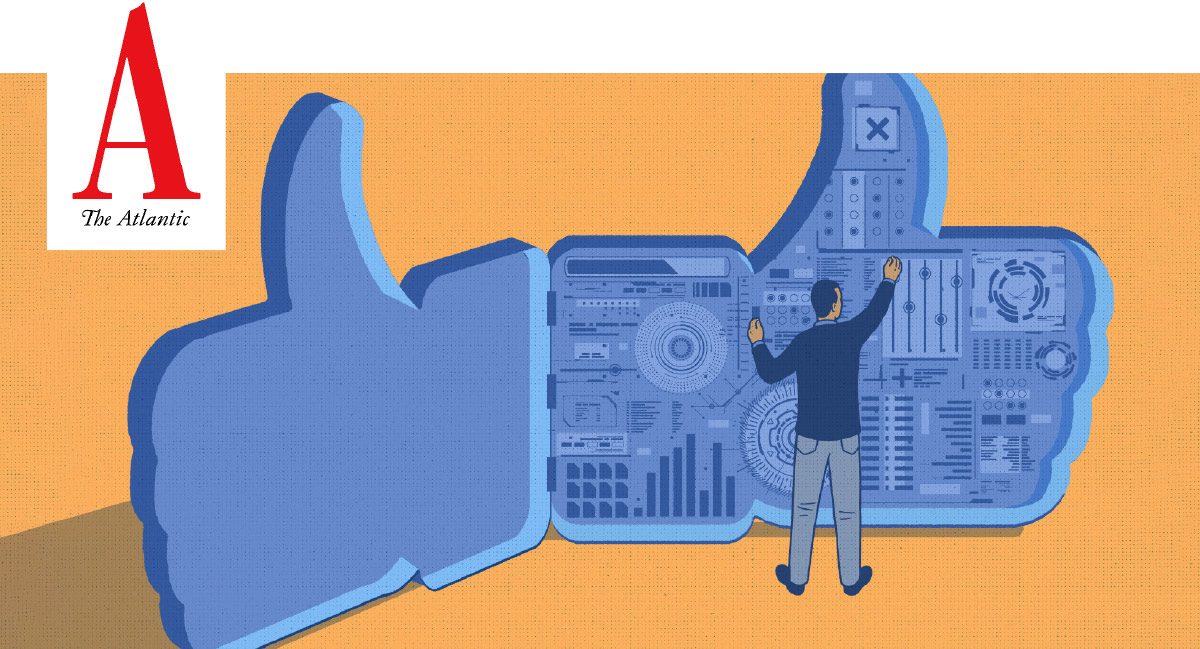


Big Tech companies are facing an existential crisis, but they are doing everything they can to resist it and keep things just as they are. Facebook and Google, in particular, want to keep playing three roles: essential infrastructure, publisher, and targeted-ad mogul. They want to be perceived as neutral platforms, while also being perceived as civically responsible, while also maximizing surveillance and the targeting of ads. That’s impossible—so the government has to force them to choose a new business model; or, rather, it has to choose for them.

Big Tech companies are facing an existential crisis, but they are doing everything they can to resist it and keep things just as they are. Facebook and Google, in particular, want to keep playing three roles: essential infrastructure, publisher, and targeted-ad mogul. They want to be perceived as neutral platforms, while also being perceived as civically responsible, while also maximizing surveillance and the targeting of ads. That’s impossible—so the government has to force them to choose a new business model; or, rather, it has to choose for them.
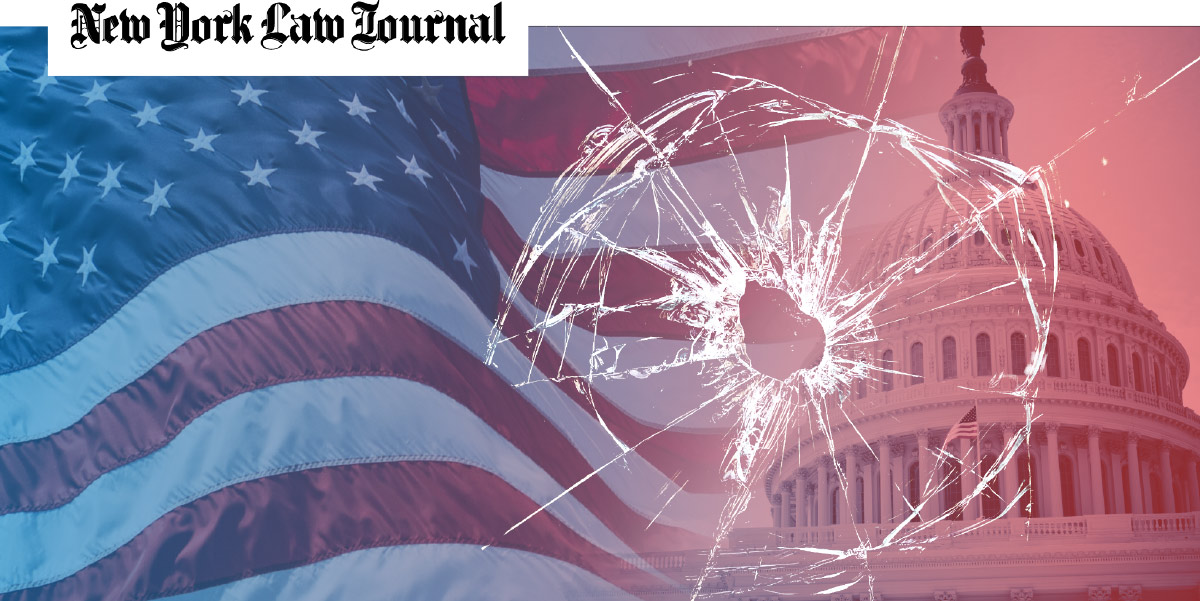
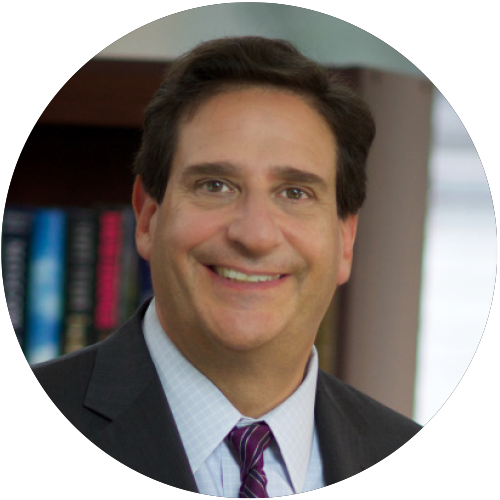

Our culture of democracy is clearly in danger. When the rioters broke through the doors and pillaged the Capitol, our society recoiled in a visceral way. That point, however, should never have been reached. Americans should have been repelled by the self-dealing and corruption of the administration, by the evasion and disregard for laws and traditions. Leaders of both political parties should have made it clear from the start that it was unacceptable. Had they done so, the past two months would have been very different. The fact that as a society we failed to expect, demand, and require these standards is itself a major warning sign. Our tolerance of the administration’s transgressions was corrosive—it sent a message to President Trump’s supporters that the administration was not bound by our regular set of rules, and that they were not either.
The task then, is to sustain and nurture our culture of democracy. In this project, the legal profession can and must play a critical role. As lawyers, we have a special relationship with the tradition and culture of American democracy. We benefit from it and earn our livelihood from it. Our privileged position comes with responsibilities—to educate and communicate the importance of this richer and fuller notion of our democratic system. As my colleague Russ Pearce has succinctly put it, lawyers have a duty to democracy.

Our culture of democracy is clearly in danger. When the rioters broke through the doors and pillaged the Capitol, our society recoiled in a visceral way. That point, however, should never have been reached. Americans should have been repelled by the self-dealing and corruption of the administration, by the evasion and disregard for laws and traditions. Leaders of both political parties should have made it clear from the start that it was unacceptable. Had they done so, the past two months would have been very different. The fact that as a society we failed to expect, demand, and require these standards is itself a major warning sign. Our tolerance of the administration’s transgressions was corrosive—it sent a message to President Trump’s supporters that the administration was not bound by our regular set of rules, and that they were not either.
The task then, is to sustain and nurture our culture of democracy. In this project, the legal profession can and must play a critical role. As lawyers, we have a special relationship with the tradition and culture of American democracy. We benefit from it and earn our livelihood from it. Our privileged position comes with responsibilities—to educate and communicate the importance of this richer and fuller notion of our democratic system. As my colleague Russ Pearce has succinctly put it, lawyers have a duty to democracy.
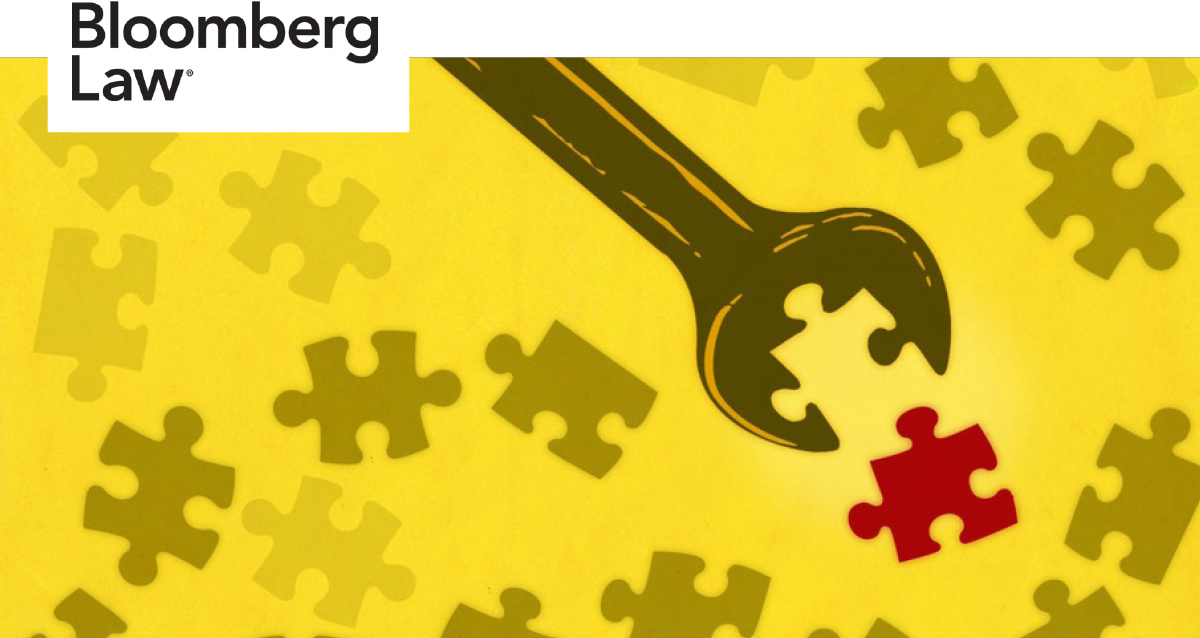


In a recent speech, Attorney General William Barr claimed that subordinate prosecutors cannot be trusted to decide when to bring criminal prosecutions, and that the remedy is oversight by the attorney general and other high-ranking officials in the Department of Justice who are closest to the president and therefore the most politically accountable. “The most basic check on prosecutorial power is politics,” Barr declared.
The attorney general has it backwards. At least as far as the current administration is concerned, politics is not a safeguard. It’s a major source of abuse of prosecutorial power.
An answer to proper oversight lies in federal legislation making its way in Congress that would expand the DOJ Inspector General’s duties to include responsibility for investigating attorney misconduct, even over objection from Barr.
Co-authored with Rebecca Roiphe

In a recent speech, Attorney General William Barr claimed that subordinate prosecutors cannot be trusted to decide when to bring criminal prosecutions, and that the remedy is oversight by the attorney general and other high-ranking officials in the Department of Justice who are closest to the president and therefore the most politically accountable. “The most basic check on prosecutorial power is politics,” Barr declared.
The attorney general has it backwards. At least as far as the current administration is concerned, politics is not a safeguard. It’s a major source of abuse of prosecutorial power.
An answer to proper oversight lies in federal legislation making its way in Congress that would expand the DOJ Inspector General’s duties to include responsibility for investigating attorney misconduct, even over objection from Barr.
Co-authored with Rebecca Roiphe